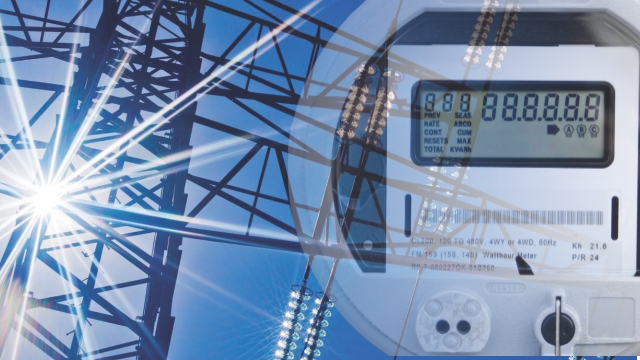Smart Grids – an overview
Governments and power companies across the world have recognized that the traditional grid, which has not significantly changed in 100 years, must be replaced by more efficient, flexible and intelligent energy-distribution networks, called Smart Grids. These are digitally monitored; self-healing energy systems that deliver electricity or gas from generation sources, including distributed renewable sources, to points of consumption.
They optimize power delivery and facilitate two-way communication across the grid, enabling end-user energy management, minimizing power disruptions and transporting only the required amount of power. The result is lower cost to the utility and the customer, more reliable power, and reduced carbon emissions. There are a number of reasons why smart grids have attracted so much interest and investment. Enhancing the existing power grids by adding intelligence and digital communications:
- Increases reliability and power quality
- Improves responsiveness
- Increases efficiency
- Handles current and future demand
- Potentially reduces costs for the provider and consumer
- Provides the communication platform for new applications
- Smart grids apply to four key areas in particular:
- Smart metering
- Building automation
- Electric mobility
- Renewable energy sources
All these are functionally linked by advanced subsystems, including power conversion modules, communication protocols and energy storage systems. As a world-leading semiconductor manufacturer, STMicroelectronics has been actively involved in smart-grid technologies, products and applications from the earliest days, and offers a large product portfolio for smart grid needs.
Smart Metering
Smart metering is the key element of smart grids, enabling intelligent measurement, monitoring and control of the entire power grid, including users power consumption, distributed energy sources production, power losses, outages etc. Before building a smart metering infrastructure it is fundamental having performed a deep and accurate technical and economic analysis to ensure the most effective implementation and the fastest return on investment. Smart meters find their use in Residential and Industrial metering sector for electricity and gas meters where there is a need to know
Smart meters find their use in Residential and Industrial metering sector for electricity and gas meters where there is a need to know real time information on energy usage. Consumers and Utilities are able to monitor their energy consumption. It enables utilities to plug any communication module on to a smart meter, giving them flexibility to communicate wirelessly using various technologies like LPRF radio modules or GSM/GPRS or through wired medium (PLC or RS-485). The smart meter can communicate over IPV6 network giving the consumer and utility, information and complete control over power usage.
STMicroelectronics offers a complete set of semiconductor products to implement energy, water, heat and gas meters, as well as concentrators or multi utility controllers. The portfolio includes power-line modems, 8- and 32-bit microcontrollers, 32-bit microprocessors, ASSPs for metrology, real-time clocks, EEPROMs, power supply products and security products.










